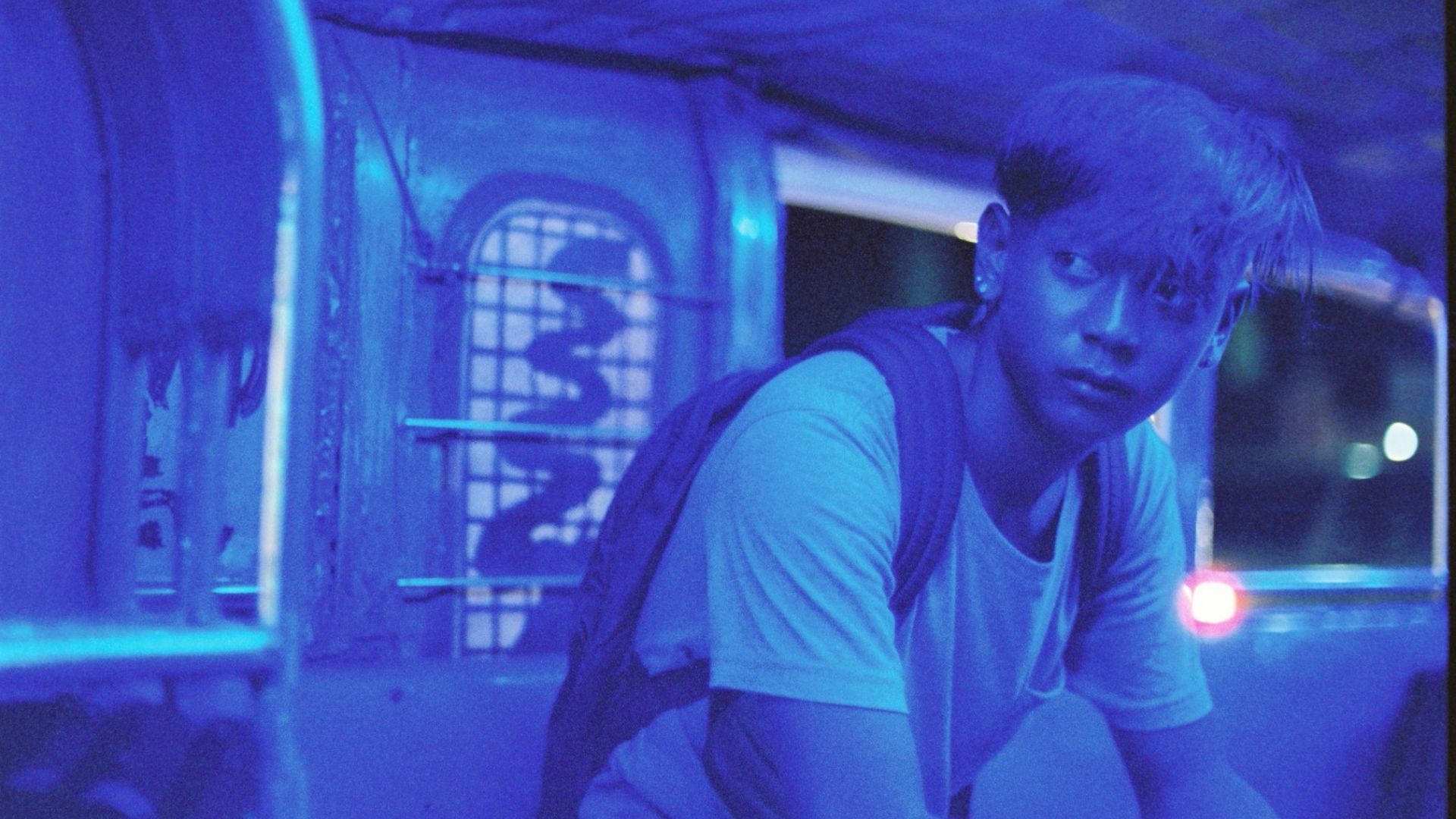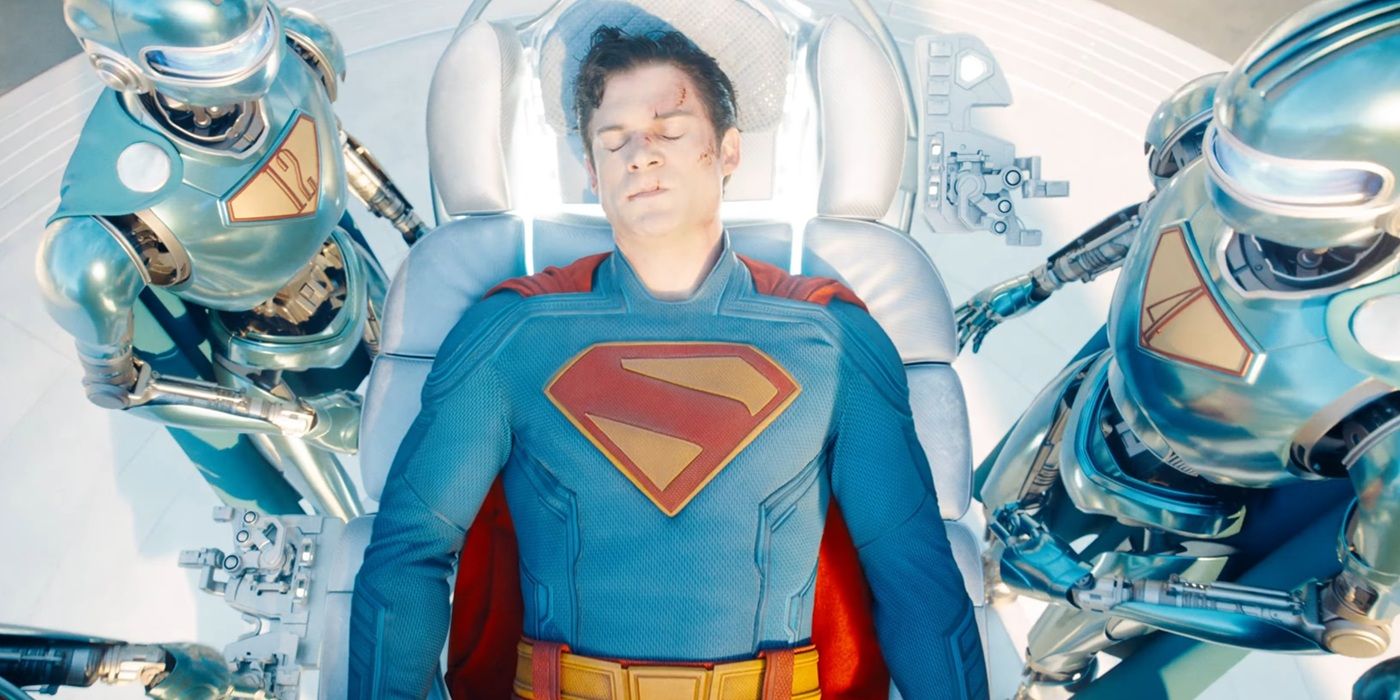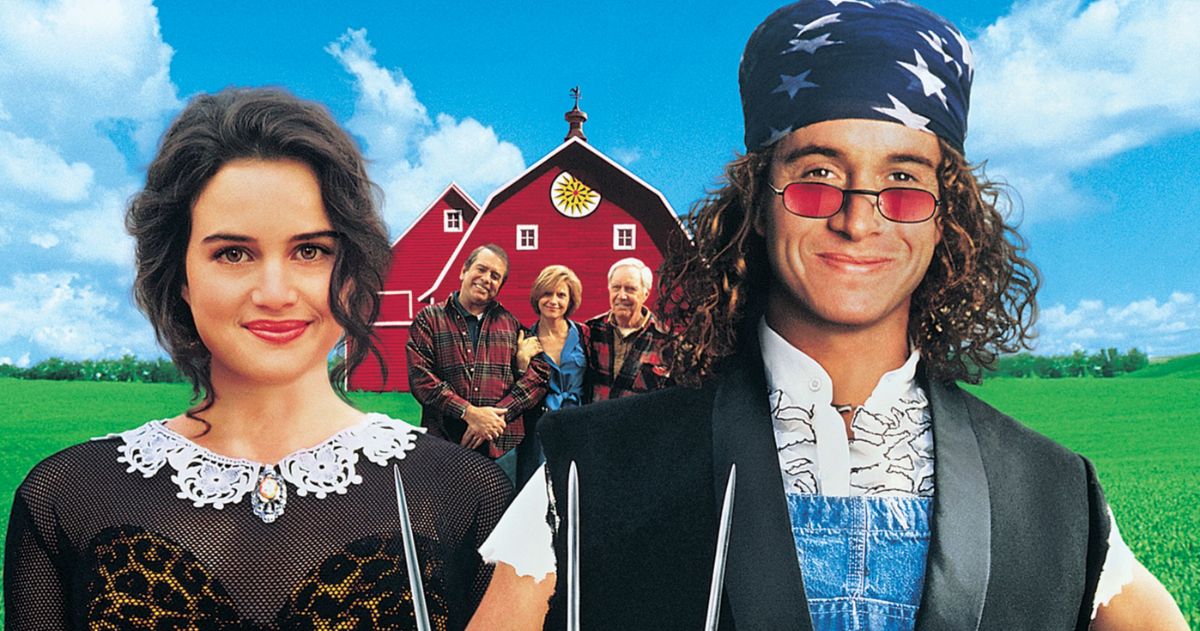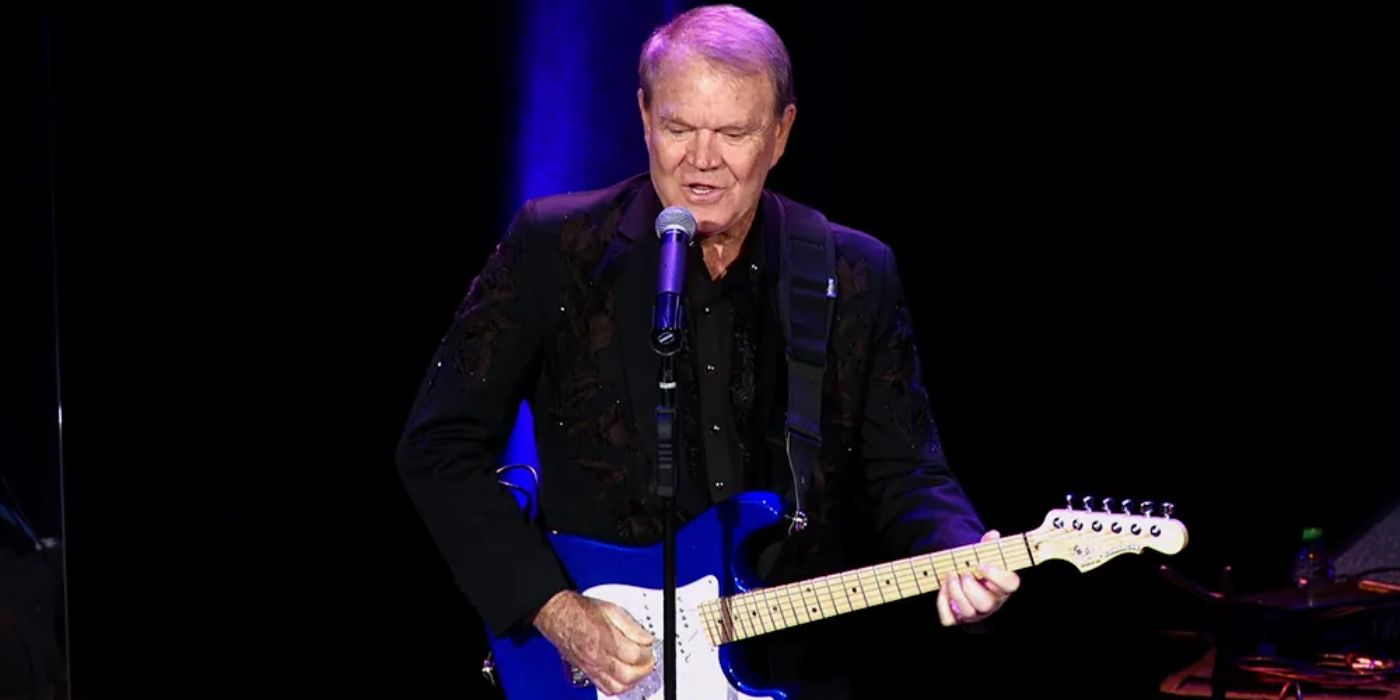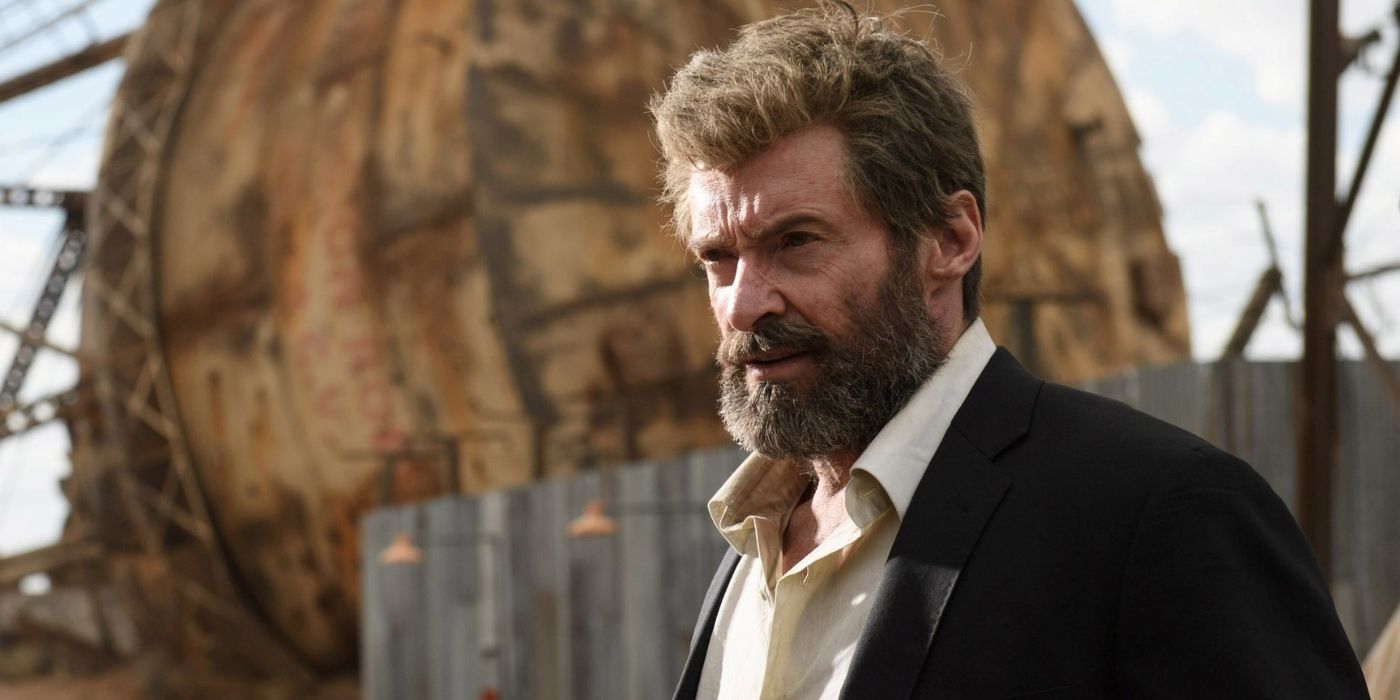Richard Roundtree was born in New Rochelle, a bedroom suburb of New York City, in July 1942. His hometown was later made famous as the residence of the fictional Rob and Laura Petrie on the 1960s sitcom “The Dick Van Dyke Show”. His sports talents earned him an athletic scholarship to the University of Southern Illinois, where Dick Gregory had been a track star before him, and Walt Frazier a basketball standout right after Roundtree dropped out to focus on modeling.
In 1967, Roundtree leveraged his modeling success by joining the theater group The Negro Ensemble. His first role there was as controversial 1910s heavyweight champ Jack Johnson, in The Great White Hope (the lead later made famous on stage and screen by James Earl Jones). The acting bug stuck. He starred in the Ensemble’s 1969 New York City production of the militant play The Mau Mau Room.
As the 1970s dawned, a new wave of Black film was born. On July 10, 1969, a day after Roundtree’s 27th birthday, the film “Putney Swope” premiered. Written and directed by Robert Downey, Sr., “Putney Swope,” which satirizes the advertising industry, is widely credited as the first Blaxploitation film. Its tag line was “Up Madison Avenue,” with its poster art positioning a woman model as a middle finger directed at the mad, ad world. On March 31, 1971, Melvin Van Peebles’ “Sweet Sweetback’s Badass Song” debuted. By this time, famed Black photographer Gordon Parks, Jr. had optioned the screen rights to a novel named Shaft by Ernest Tidyman. Tidyman and his screenwriting partner John D.F. Black originally wrote “Shaft” for a white male lead. Parks cast Roundtree as his lead, and the picture was released on June 25th, 1971, three months after Van Peebles’ breakthrough.
Set to a revolutionary, and eventually Academy Award-winning jazzy soul soundtrack by Isaac Hayes, Jr., “Shaft” set the tone for 1970’s, Black-themed action movies. As white males had done for decades through roles played by actors like Humphrey Bogart, Sean Connery, Frank Sinatra, and Paul Newman, Roundtree played Shaft as a no-nonsense type who skirted the conventions of his profession. Roundtree rocked a signature black leather jacket for the role, over a black turtleneck, and unlike his clean-shaven Duke days, a macho mustache. Manhood personified, with a very black twist. Where male leads such as Poitier and his contemporary Harry Belafonte assumed relatively tame relationships with their female counterparts, Roundtree’s Shaft leaned into the sexual revolution of the decade. Free of the restrictions of Poitier’s heyday, Roundtree swore on screen, and in the terminology of the era, “bedded” beautiful ladies. Brothers wanted to be like him, sistas wanted to be liked by him. The former model lent depth to a role that may have come off as comic book or superficial in the wrong hands. Roundtree’s flashing smile, well-timed wit, and believable bravado layered into unavoidable screen sex symbolism. He was critically well-received, earning a Golden Globe award as Most Promising Newcomer in 1972. But it was the sex that sold. When Roundtree visited McKinley High School in D.C., the reception was just short of a riot, but in an adoring way.
You can view the original article HERE.


